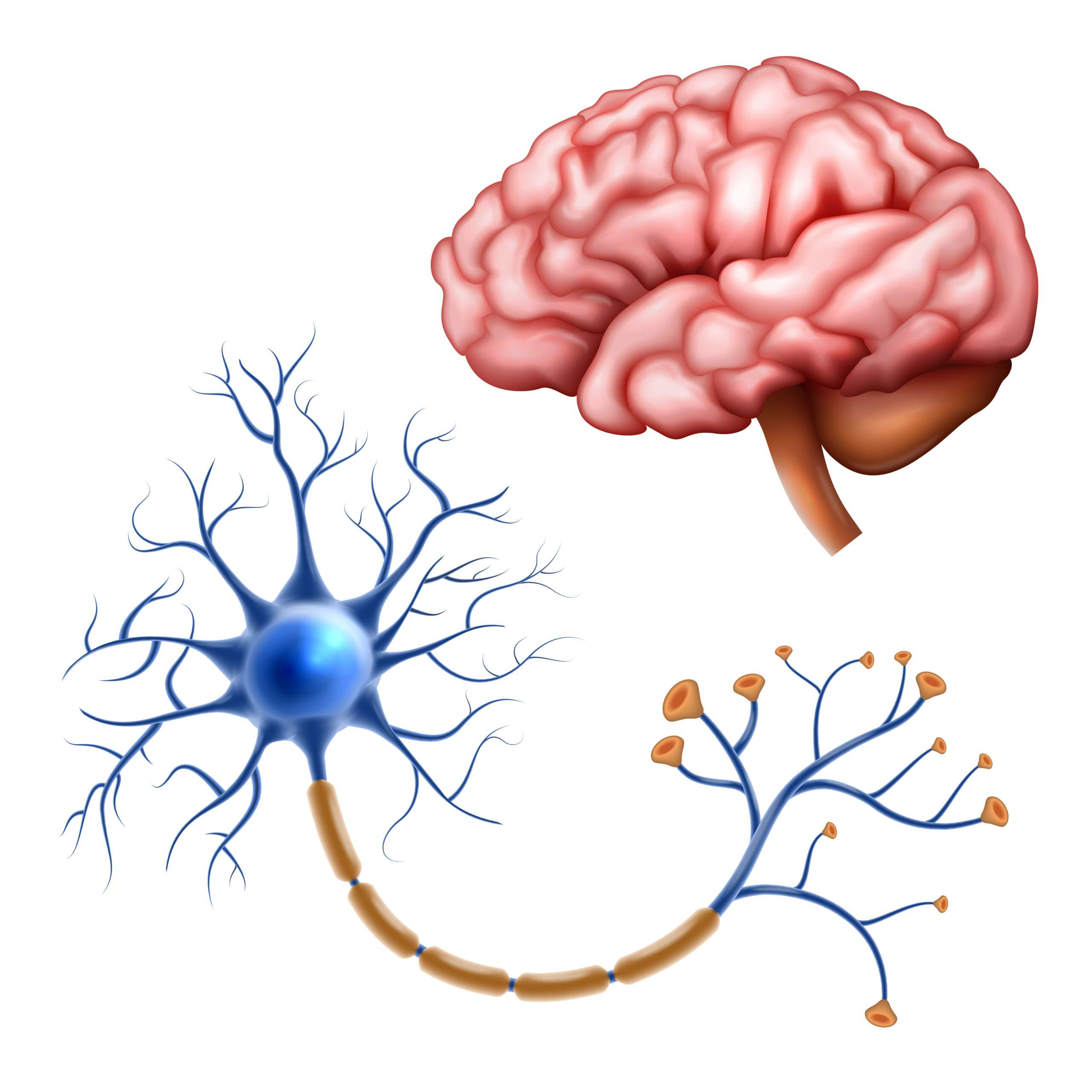Neurotoxicity
Overview

Neurotoxicity can be described as interference in the normal functioning of the brain caused by chemicals, medications, or environmental toxins. This can lead to various symptoms such as headaches, dizziness, confusion, or mood changes. In severe cases, it can result in seizures or affect one's ability to move and speak. It is important to be aware of potential exposure to such substances and seek timely assistance if neurotoxicity is suspected in order to reduce its impact on the brain.
Symptoms
-Headaches: Get ready for some killer head pain, like having a drum set in your skull.
-Dizziness: Feel like you're spinning or on a rollercoaster when you're not.
-Confusion: Your brain feels foggy, and thinking becomes a bit like finding your way in a maze.
-Mood Changes: It's like riding an emotional rollercoaster – feeling sad, anxious, or irritable out of the blue.
-Seizures: Imagine your brain throwing an unexpected electric party, causing uncontrollable shaking or jerking movements.
These symptoms can happen when your brain takes a hit from certain chemicals or substances, so it's crucial to get help pronto if you suspect neurotoxicity!
Causes & Risks
Biological Mayhem: Getting hit by infections like meningitis or encephalitis can mess up your nerves, Neurotoxicity is a condition where your nervous system gets damaged by toxic substances. Here are a few things that can trigger it:
- Chemical Chaos: Exposure to heavy metals, pesticides, factory chemicals, pollutants, and certain medications can affect your nerves.
- Med Madness: Taking some medications in high doses or for an extended period can throw your nerves off balance. Chemo meds, certain painkillers, antibiotics, or mental health medications might contribute to this issue.
- Booze & Drugs: Drinking excessively or using drugs like cocaine, meth, or even certain medications can harm your nerves.
- Biological Mayhem: Infections like meningitis or encephalitis can also cause neurotoxicity.
- Radiation Drama: Heavy radiation used in cancer treatment or exposure to nuclear materials can damage your nerves and cause neurotoxicity.
Test & Diagnosis
Diagnosing neurotoxicity is like detective work – here's how it's done:
-Health Check & Q&A: Docs chat with you, dig into your history, and ask about symptoms, jobs, where you've been, and meds you've taken.
-Brain & Body Scan: They check your brain and body with fancy scans like MRI or CT to spot any damage from these nasty substances.
-Brainwaves Check: Have you ever seen those lines on a screen in movies? That's an EEG! It checks your brain's electricity to see if there's anything funky happening.
-Lab Work: They might poke around your blood and pee to find traces of toxins or how your organs are holding up against the toxicity.
-Nerve Games: Docs might do tests to see how well your nerves and brain work – like asking you memory or focus questions.
-All these detective moves help doctors figure out what's messing with your nerves and how to help you feel better.
Treatment
Diagnosing neurotoxicity is like solving a mystery! Check out how doctors figure it out:
-Chat & Check: Doctors chat with you about your story and give you a check-up to see what's going on.
-Brain Scan: They might take pics of your brain using excellent machines like MRI or CT to spot any trouble caused by lousy stuff.
-Electric Brain Test: Have you ever heard of an EEG? It's like a brainwave check to see if there's any funky business happening in your noggin.
-Blood & Pee Test: Doctors may take samples to see if there's any sign of harmful chemicals or how your organs are holding up against the bad stuff.
-Brainy Tests: They might ask you questions or play games to see how well your brain and nerves work
Living With
Dealing with neurotoxicity can be challenging, but here's how you can handle it:
-Doc Visits: Keep up with your check-ups and follow what your docs say – they know how to handle this.
-No More Bad Stuff: Find out where those toxic things come from and eliminate them to stop more damage.
-Symptom Help: Work together with your healthcare team to tackle each symptom. Follow their advice on meds or treatments to help with those neurological issues.
-Changes in Life: Sometimes, you gotta switch things up to handle the changes caused by the neurotoxicity. Adjust your daily routine or how you do things to make life easier.
Complications
Exposure to harmful substances can have serious effects on your body and mind. These substances can damage your nerves, leading to issues such as weak muscles, trouble feeling sensations, and difficulty speaking or thinking. Mental health can also be affected, with symptoms like forgetfulness, difficulty focusing, and mood changes. Seizures may occur, causing sudden movements or changes in the way you feel. Numbness and pain in the arms and legs may also result from exposure to these toxins. Your senses may be impacted as well, with blurry vision or hearing problems. Breathing and organ function can also be negatively affected, potentially leading to life-threatening situations. It's crucial to avoid exposure to harmful substances to protect your overall health and well-being.





